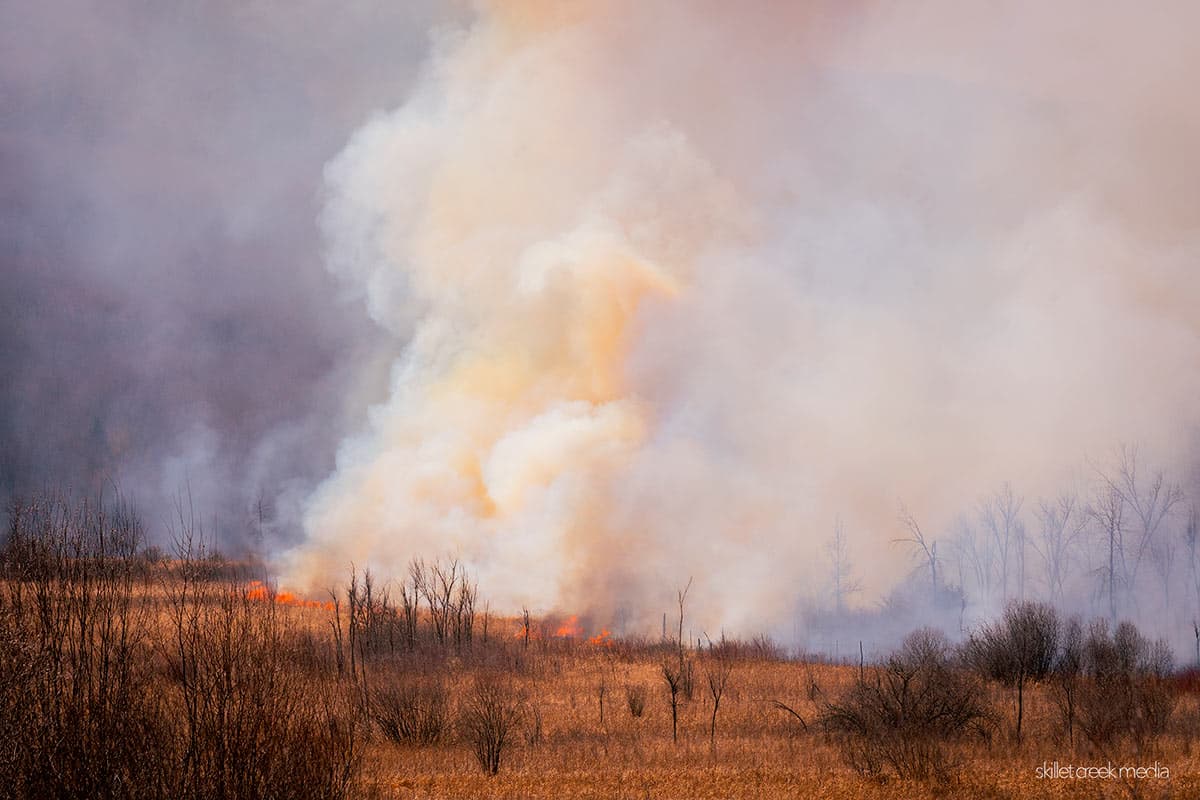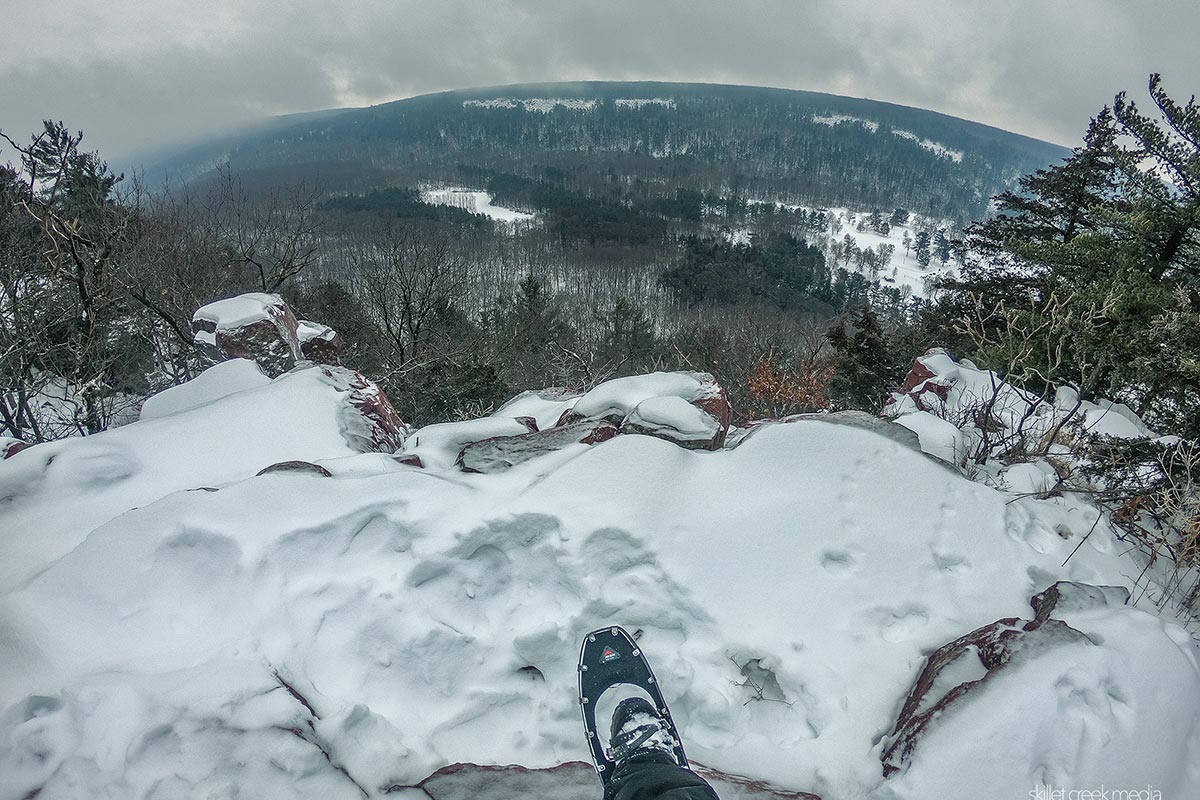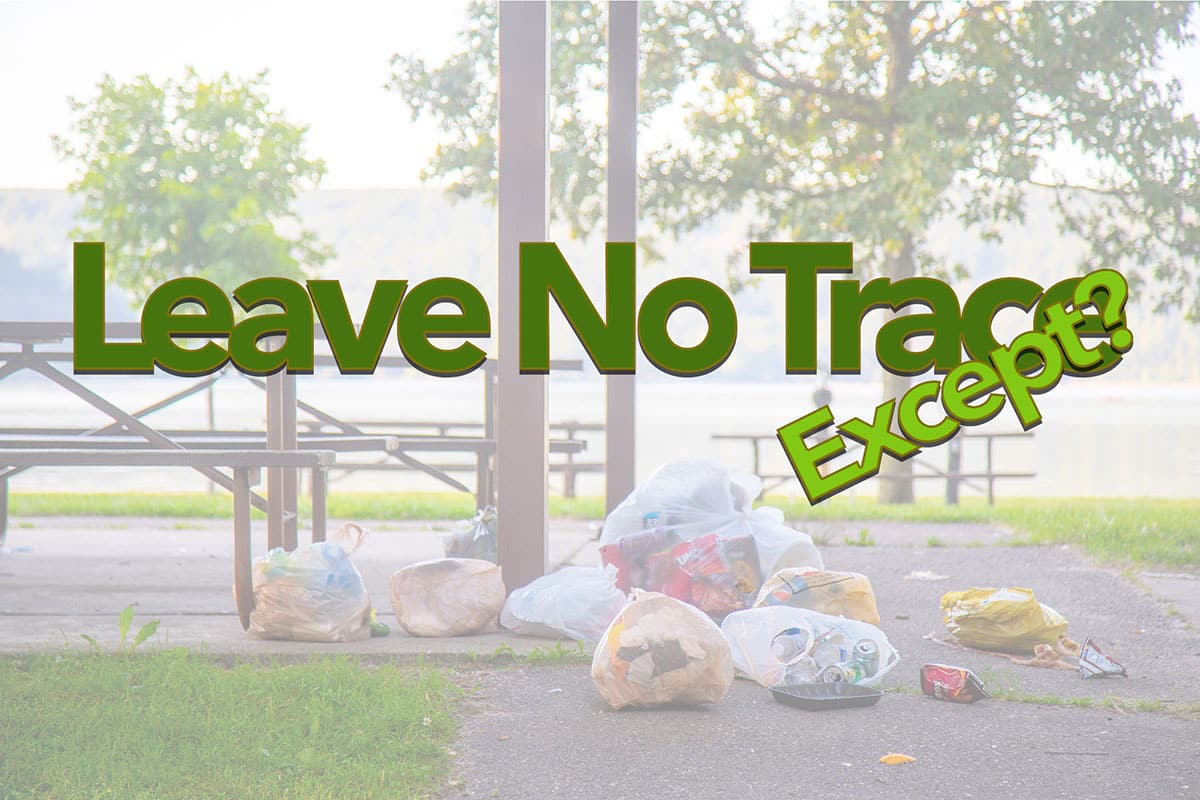Yesterday, March 18th, a prescribed burn was carried out on Devil's Lake State Park's Roznos…
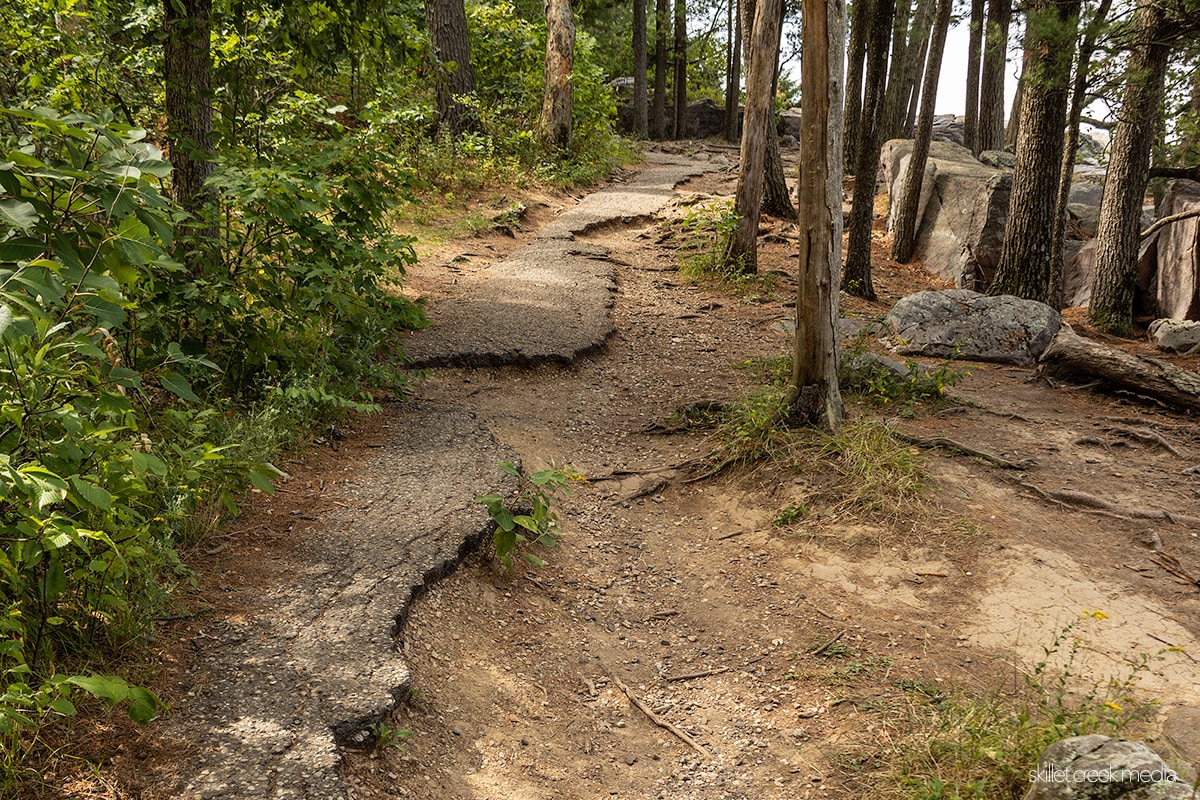
Editorial: Land just is. The land and the critters that live upon it just “are”. The plants, trees, worms, bees, and bears all co-exist in some semblance of balance. Left alone, and barring any natural disaster, the natural world just carries on. To some extent, this is the baseline for the managers of our national parks and should be for our state parks as well. If nature is healthy and recreation is happening in harmony, we’re in the right place.
Of course, people love a beautiful landscape, and history shows that people will also quickly overrun it. More often than not, in their zeal to enjoy and benefit from the land, they will exploit it to the point of destruction. Over the years we’ve developed a system, or fallen into a rut, where we don’t often focus on preservation until we are clearly destroying that thing we love. Inevitably, this leads to a battle between the conservation-minded folks and those who want to continue getting from the land, whatever brings them joy. We often call these folks, interest groups or stakeholders.
The Ongoing Tug-of-War
Generally, these interest groups divide into their camps and do battle for protection or continued exploitation of the landscape, with various grey areas in the middle. This, in a nutshell, is why we have Devil’s Lake State Park today. In the early 1900s, the area faced grave danger from quarries, real estate development, and unchecked tourism. The land everyone coveted was on the brink of being irreparably damaged, and accessible only to a privileged few. Thanks to the tireless efforts of early, and vocal activists, Devil’s Lake was preserved as a park for you and me to enjoy.
Today, views on public parks vary widely. Some oppose their existence entirely. Others desire exclusive access to the land. Many are driven by potential profits, while some focus solely on access for their preferred recreational activities. (Again with various shades of grey.) Unfortunately, those pursuing personal advantages often outnumber and have better connections than those dedicated to protecting the land, its inhabitants, and the broader community’s interests now and into the future.
Desperate times
With that in mind, we do need to be watchful. Today, Wisconsin State Parks face the challenges of extreme underfunding and understaffing. (***The DNR received $334.3 million in GPR funding in the 1995-97 state budget but only $197.5 million in the 2021-23 budget, a 40.9% decrease even before adjusting for inflation.) Meanwhile, various interest groups continue to push for more access, more trails, more parking, more camping, and every other “more” you can imagine. Park administrators, lacking appropriate funding, yet charged with protecting our public lands, find themselves relying on non-profits and volunteers, often composed of members from these same interest groups and stakeholders.
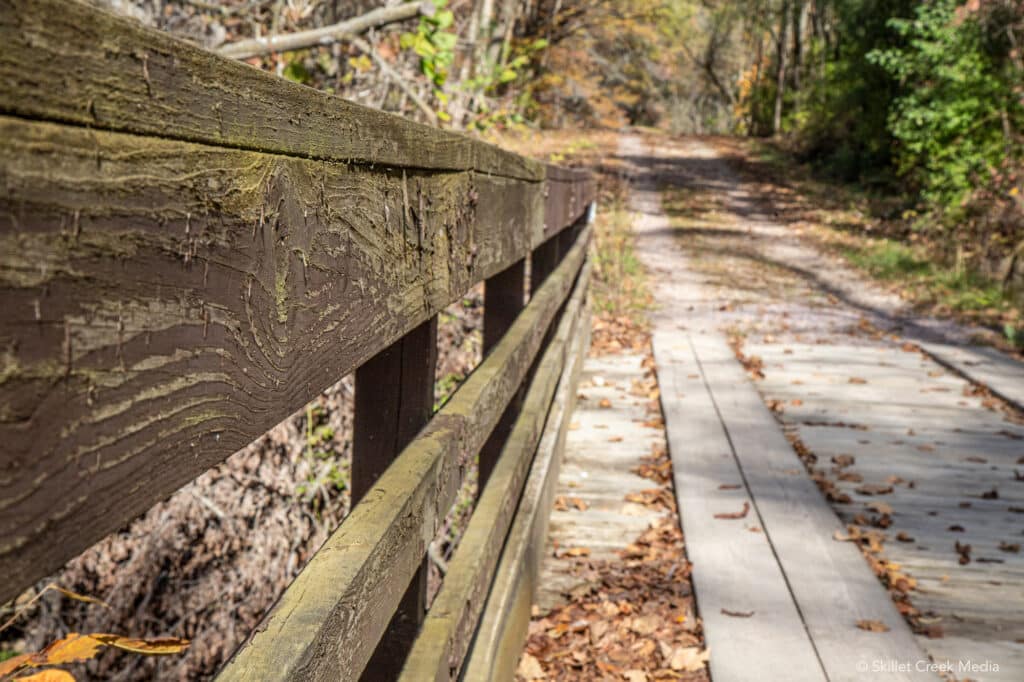
Can you see the issue?
Understaffed and underfunded administrators may find themselves in a situation akin to “The Hunger Games,” in a battle for resources and survival. Desperate for financial and physical support, they may be reluctant to oppose those who help fill the gaps. In this scenario, decisions inevitably boil down to a trade-off between the park’s needs and stakeholders’ desires.
Conflicts of Interest
This is where park-supporting organizations such as “Friends” groups must hold the line by having strict “conflict of interest” policies to prohibit related business owners, members of powerful advocacy groups, or other stakeholders from serving on their boards, recognizing the inherent dangers of such conflicts of interest. Transparency is crucial as well to maintain public trust and accountability. By openly sharing financial information, decision-making processes, and program outcomes, non-profits demonstrate their commitment to their mission and responsible stewardship of resources. It’s a hard and unenviable game of balance, even in good times. When our parks are starving, it’s something else entirely.
The Tell
For those of us in the general public, it’s hard enough to make sure our kids get to school sometimes, let alone trying to watch what’s happening (often behind the scenes) in our parks. But thankfully, we have one easy “Tell”.
In poker, a “tell” is a subtle, often unconscious behavior or sign that may indicate whether a person is being truthful or deceptive.
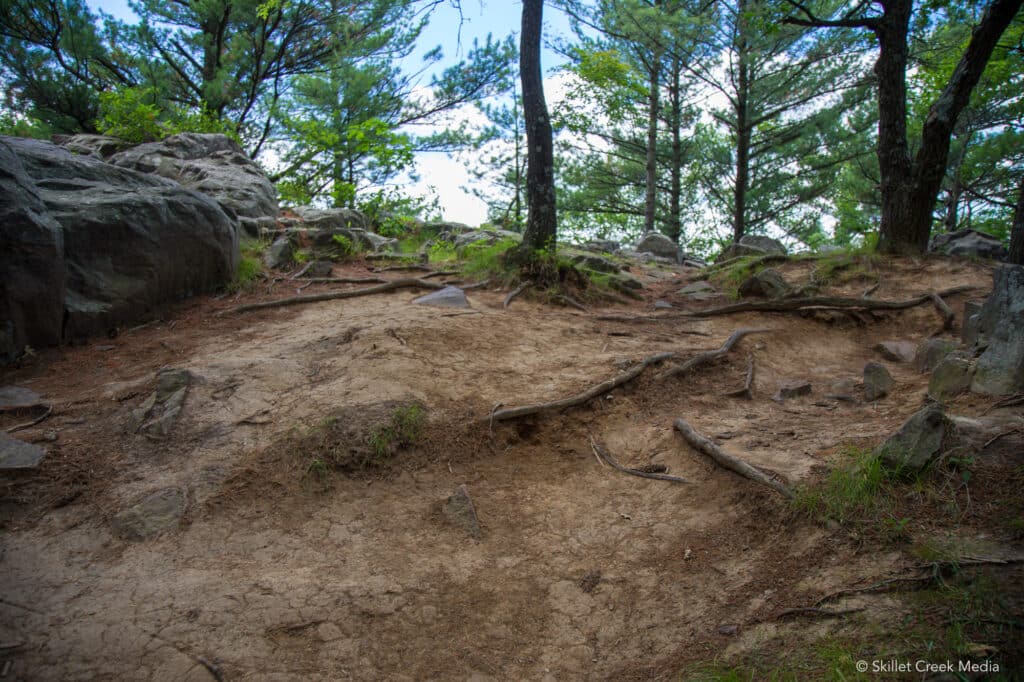
When it comes to caring for our parks, the public has to simply watch the land. The state of the environment tells us if our stewards (State, local, etc.,) are doing their primary job, if they’re struggling, or if maybe they feel forced to give too much away. If they do, we all lose; park lovers, communities, wildlife, and the environment as a whole… all lose.
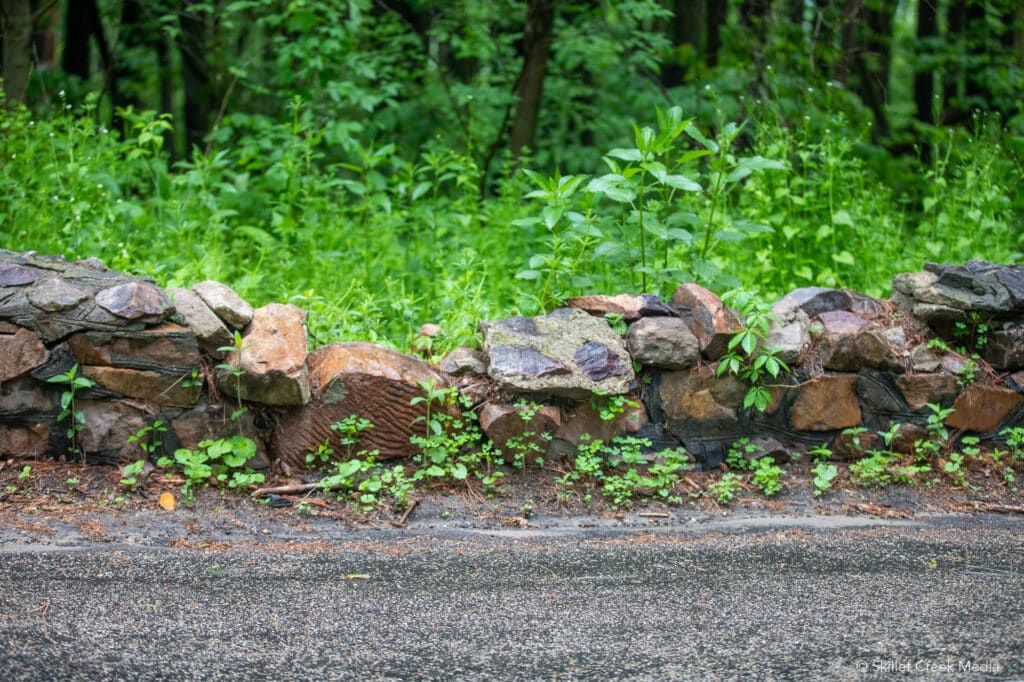
Prioritizing wants over needs?
If we’re building new stuff or opening more access for one activity or another, while other parts of our park are crumbling… This is a sure sign that something is wrong, that something is out of balance and the park losing. If trails are crumbling, paint is peeling and the landscape along our trails looks barren and dead, but other new projects, buildings, or fresh access is being opened up… Well, maybe we need to pause to ask why.
Editor’s Note: This article represents the personal views of the author and does not reflect the official stance of Devil’s Lake State Park or the Wisconsin DNR.
*** References / More Reading
- More people seek outdoor recreation in Wisconsin as state funding for conservation declines
- The Past and Future of Conservation Funding in Wisconsin
- Report shows outdoors funding imbalance: Wisconsin collects lots in fees, lags in park funding
- Conflict of Interest for Nonprofits
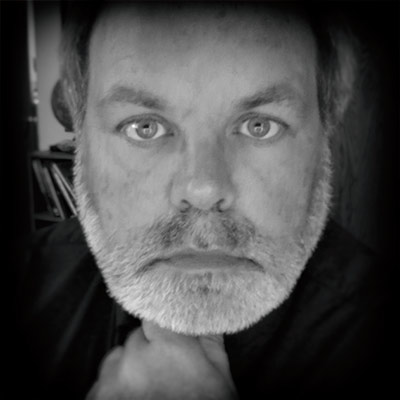
For nearly 2 decades the Skillet Creek blog has focused on 3 main goals; To inspire you to visit and explore the Devil’s Lake region, to help you get the most your visit by sharing tips, events, and other helpful information. Lastly to advocate for our environment & wildlife and talk about how we can keep our natural areas amazing now and into the future! That last goal can sometimes cause controversy, but it’s the only way we can accomplish the first two. – Derrick Mayoleth, Owner.

